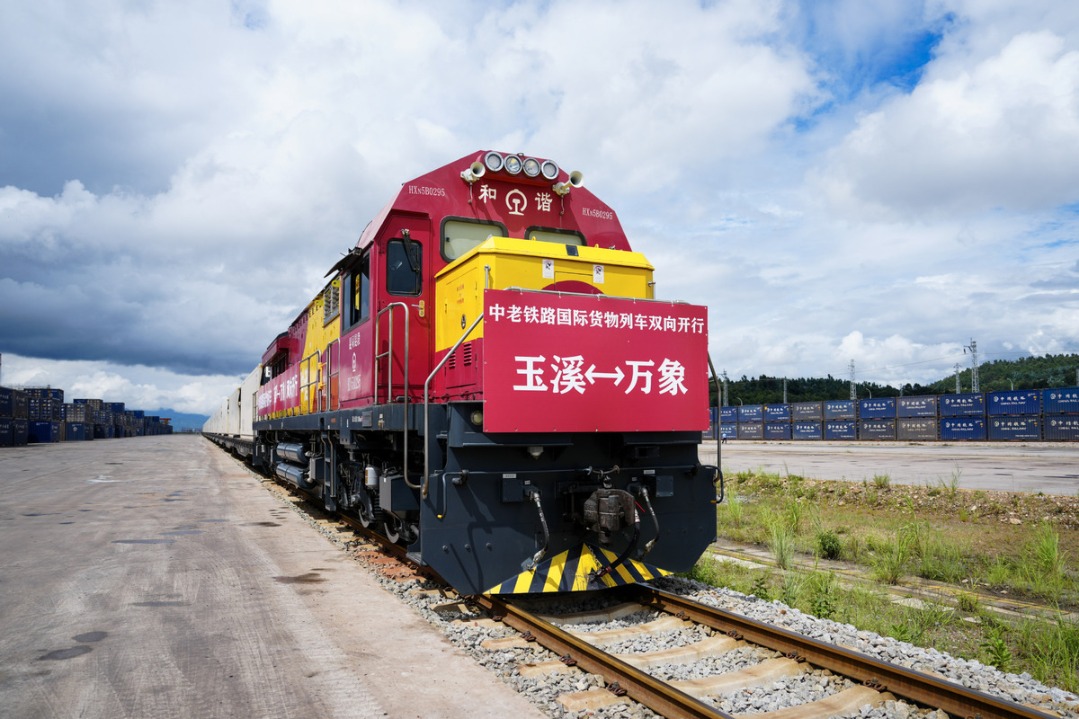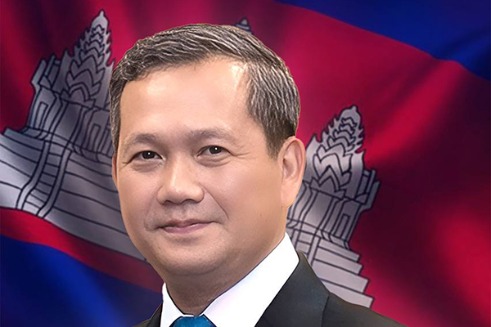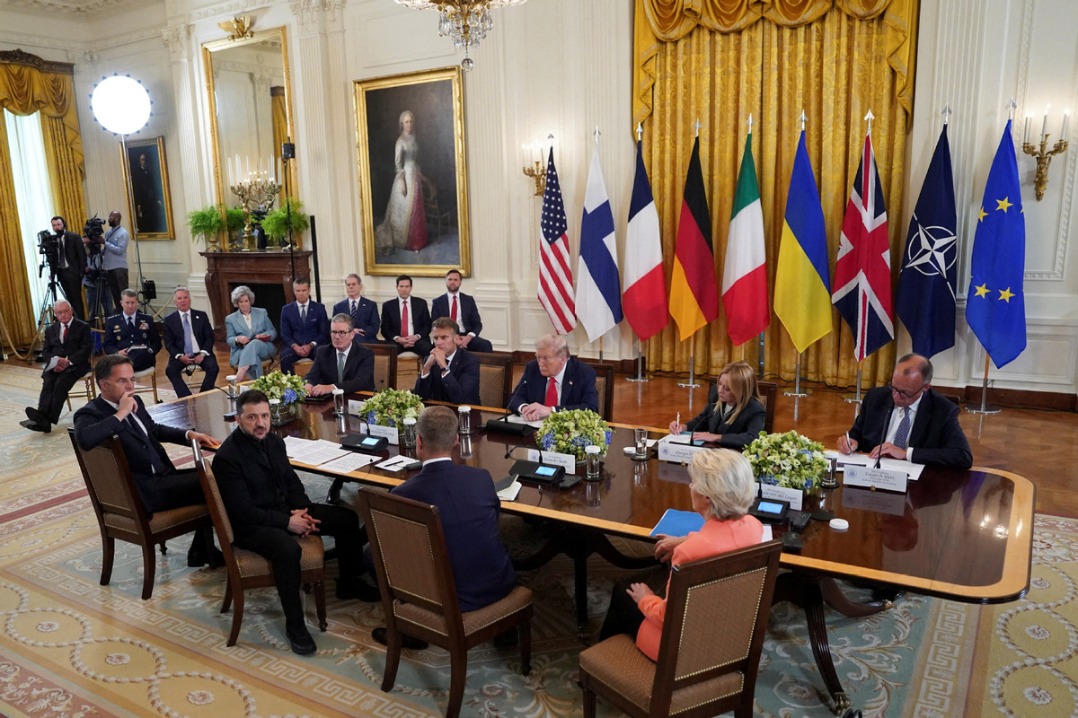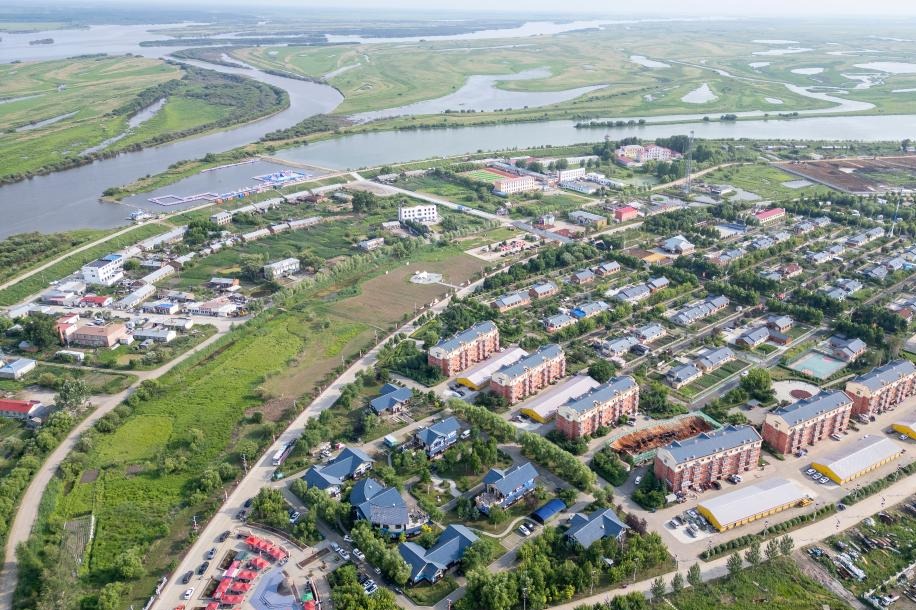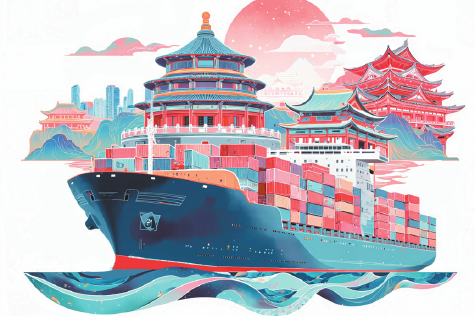Lai's speech will drag Taiwan into severe crisis

A worse version of secession speech
Lai's so-called first lecture of the "uniting the country" speeches, discussed the concept of "nation" and promoting "Taiwan independence" thinking. Once again, he used fallacies to confuse the public in Taiwan, stirring up cross-Strait discourse. This is another "independence-seeking" performance following his "mergers theory" speech in May this year, representing a new tactic of the Democratic Progressive Party (DPP) authorities to lean on external forces for "independence", aiming to divert attention from the growing voices to require him to step down and maximize party interests.
Since Lai Ching-te's election as a regional leader, he has been pushing for "de-Sinicization" on one hand, while constantly using a sense of "responsibility" ingrained in the Chinese national spirit to manipulate public opinion in Taiwan. In his speech, he emphasized the phrase "the rise and fall of a nation concerns every individual", urging the Taiwan people to guard "national sovereignty" and "democratic freedom" based on historical lessons. His inconsistent words and actions are perplexing.
Taiwan has been deeply influenced by Chinese culture, and the spirit of Chinese culture is a national gene deeply rooted in the hearts of the Taiwan people, which cannot be erased by the political maneuvers of the DPP. The DPP has forgotten its roots, attempting to diminish the "Chinese consciousness" or even the "Chinese identity" of the younger generation through "de-Sinicization" efforts, ultimately becoming the culprits in Taiwan's history.
Taiwan has its own history, but historically, Taiwan has never been a separate country. It is absurd that the DPP considers the Netherlands' colonization of Tainan in 1624 as the "founding" of Taiwan, viewing colonial history as the "beginning of Taiwan's globalization". From the perspective of any nation's history, no people would consider being enslaved by others as the beginning of their own history or as a driver of social progress. The colonizers from the Netherlands and Japanese aggressors were invaders of the land of Taiwan, not its so-called pioneers and builders.
The role played by the colonizers from the Netherlands who arrived in Taiwan from the late Ming Dynasty was that of global pirates during Europe's expansion period, representing barbaric visitors in Taiwan's history, rather than contributors to Taiwan's development. Japan's 50-year occupation of Taiwan was the darkest period in Taiwan's history. The DPP disregards facts, creating a narrative of "Taiwanese localization" and "Taiwanese subjectivity", glorifying colonial aggression, with the aim of cutting ties with the mainstream of Chinese cultural history and imagining Taiwan's development over the centuries as a history of "self-independence". One may wonder, will the DPP's "national identity" be condemned to the pillar of historical shame?
The unique historical circumstances have shaped today's Taiwan, but Taiwan's prosperity has always been closely linked to the rapid development of the motherland. Over decades of mutual development across the Strait, both sides have progressed together, establishing the important position of the Chinese nation internationally. Today, driven by its own interests, the DPP disregards the public good, portraying the mainland as an "external hostile force" and intimidating the Taiwan residents with the "five threats" and "17 response strategies", disrupting society and creating a "green terror". Such actions are not in line with the will of the people. In the history of Taiwan's "democracy", the DPP will eventually leave an eternal mark of shame.
As a key figure in the "Taiwan independence" secessionist movement, Lai Ching-te's desire for independence remains strong. By utilizing the international organization of the Rotary International to spread fallacies about "nation", he will cause further harm to the already strained cross-Strait relations. By using so-called "national unity" as a disguise to deceive more Taiwan residents' identities and emotions, within just a year of taking office, Lai has brought cross-Strait relations to a freezing point not seen in decades.
If Taiwan residents allow Lai to persist with his political maneuvers, those individuals in Taiwan who desire peaceful reunification may eventually be unjustly branded as "traitors to the country" by the Lai authorities. It is high time for the island's residents who wish to avoid being drawn into conflict to stand up against Lai's perilous actions.
Yu Laiming is the director of the Institute of Taiwan Studies, Wuhan University

















